Laboratory Services
Advanced Health Services Laboratory in Fort Worth
Feeling awful and need answers fast? Our advanced health services laboratory in Fort Worth means you don’t have to wait days for test results. Whether you’re battling respiratory illnesses or dealing with chest pain or unexplained symptoms, the Fort Worth ER gets you the answers you need to start proper treatment.
Every test happens right here in our facility, available 24/7 with no wait times. From rapid flu testing during winter months to comprehensive blood work, we focus on accuracy and speed to start your treatment sooner.
Our emergency physicians and lab specialists work together, delivering results within minutes, not hours. Because the sooner we identify what’s wrong, the sooner you can feel better.
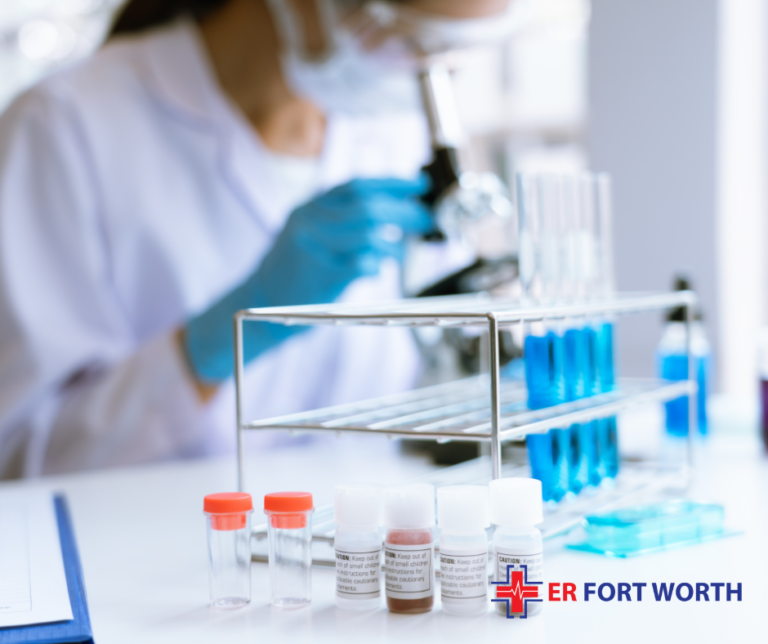
Blood Tests
Your blood holds vital clues about your health. Our emergency lab specializes in key blood tests that help us identify and treat serious conditions:
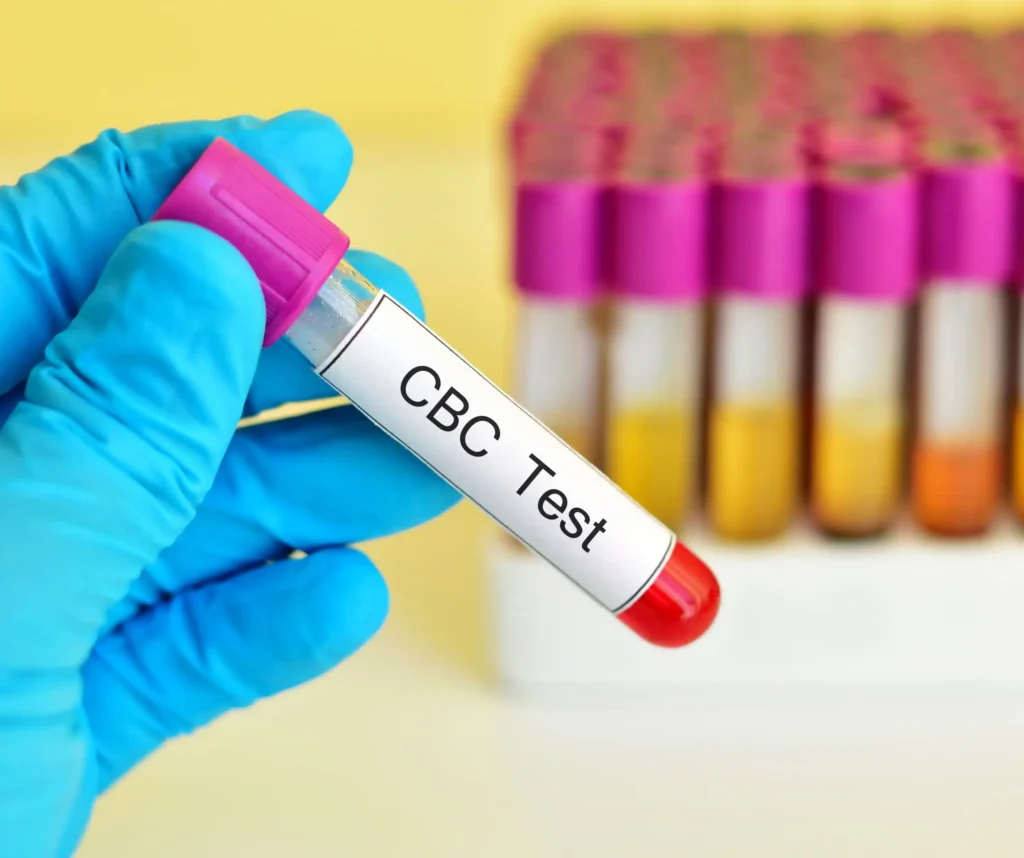
Complete Blood Count (CBC)
A fundamental blood test that looks at your blood’s components. Helps identify:
- Infections and inflammation
- Blood disorders
- Anemia
- Overall blood health
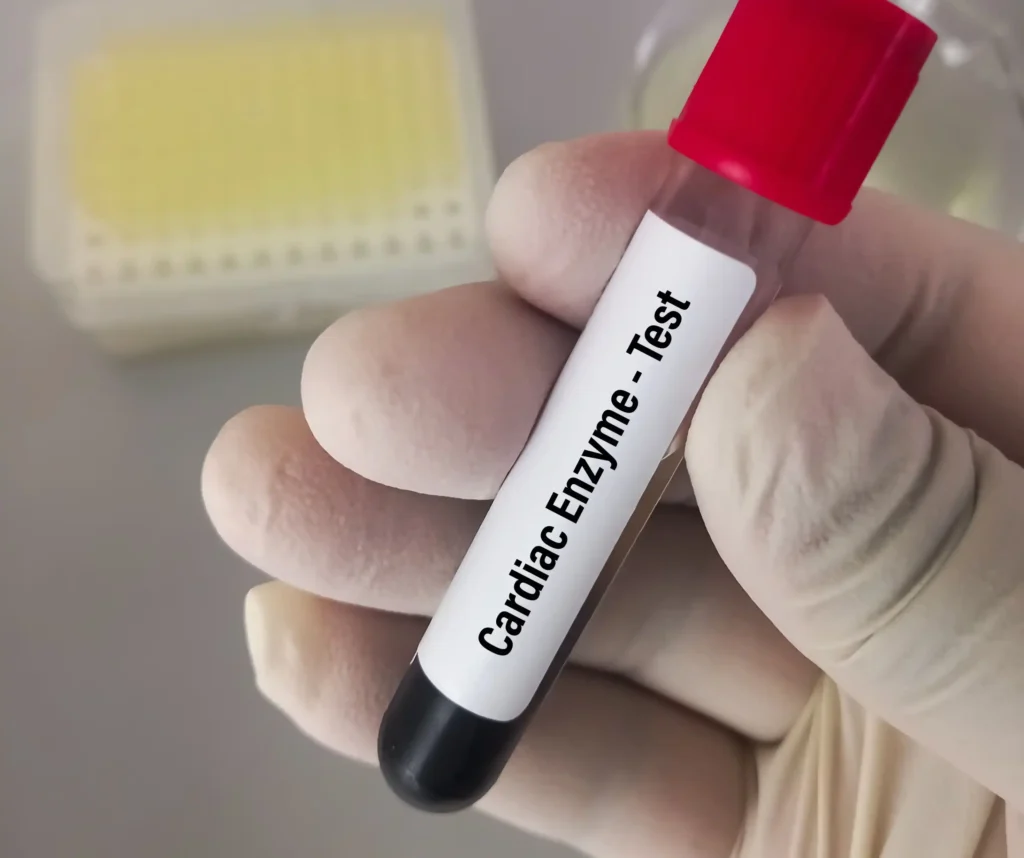
Cardiac Enzyme Test
When heart problems are suspected, a cardiac enzyme test reveals heart muscle damage within minutes. We use it to check for:
- Heart attacks (myocardial infarctions)
- Chest pain from heart conditions (unstable angina)
- Heart muscle inflammation (myocarditis)
Other cardiac conditions
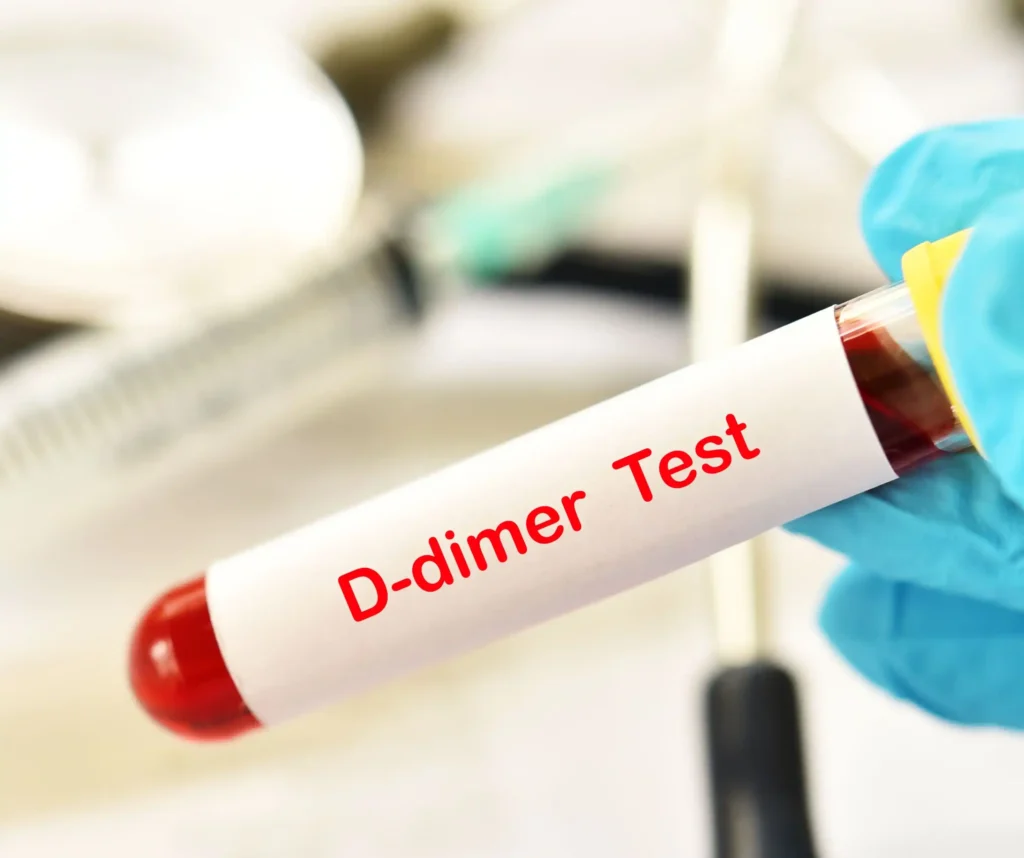
D-dimer Test
This rapid blood test helps detect dangerous blood clots in your body. We look for:
- Deep vein thrombosis (DVT)
- Pulmonary embolism (PE)
- Disseminated intravascular coagulation (DIC)
Certain other clotting disorders
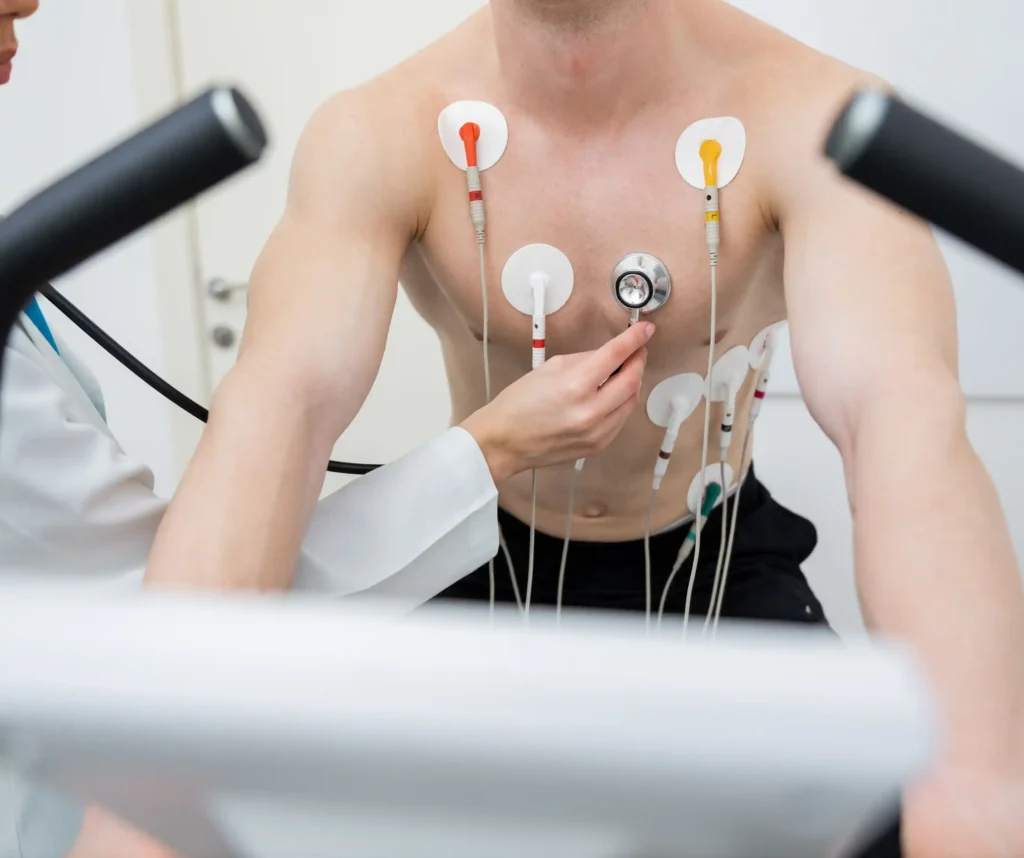
BNP Test
Measures heart stress by checking hormone levels. Helps us evaluate:
- Heart failure (both acute and chronic)
- Congestive heart failure (CHF)
- Cardiac stress or strain
- Fluid overload conditions

Hepatic Profile
Assesses liver function through a panel of tests that measure levels of various enzymes, proteins, and substances in the blood. This profile is vital for diagnosing liver diseases and monitoring liver health.
- Liver diseases (hepatitis, cirrhosis, fatty liver disease)
- Liver function abnormalities
- Bile duct obstructions
- Liver damage from medications or toxins
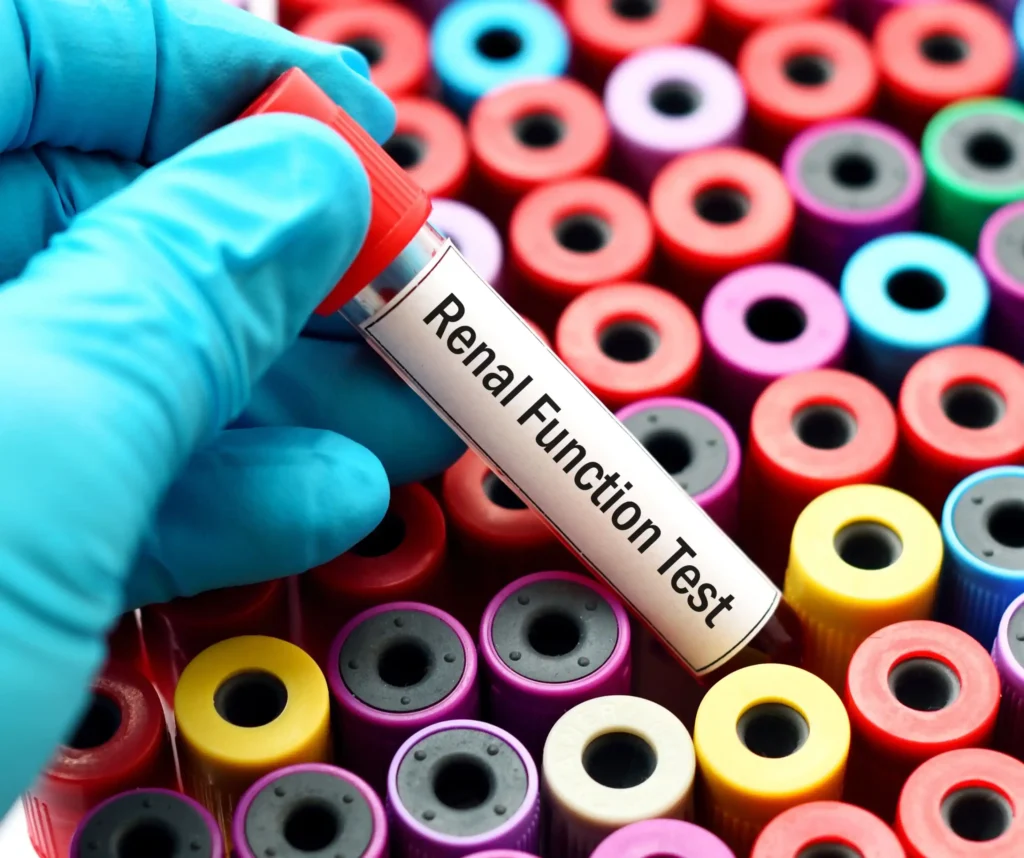
Renal Function Tests
Evaluates kidney function by measuring levels of substances like creatinine and blood urea nitrogen (BUN) in the blood. These tests helps us identify:
- Kidney disorders (chronic kidney disease, acute kidney injury)
- Electrolyte imbalances
- Impact of diabetes or hypertension on kidney function
- Monitoring kidney health in patients on certain medications
Infectious Disease Testing
Quick answers matter when you’re battling flu or other respiratory symptoms. Our advanced health services laboratory in Fort Worth include rapid testing for common infectious diseases, such as:
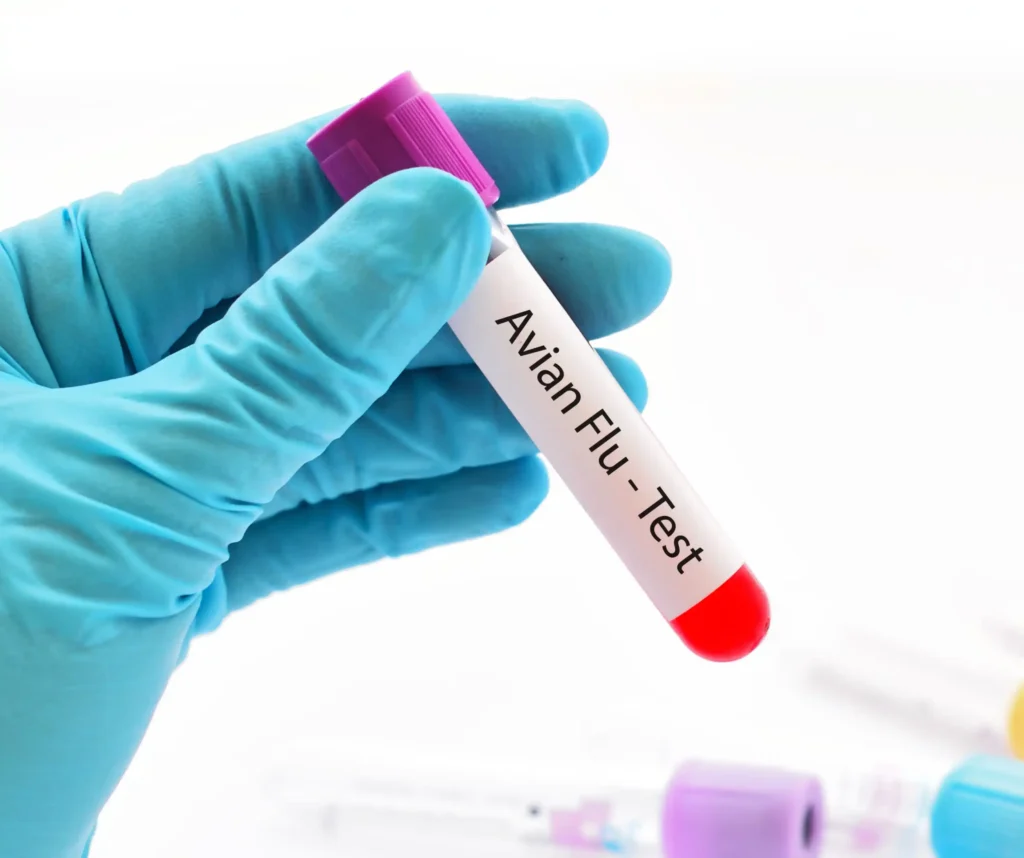
Flu Test
Detects the presence of influenza viruses in the respiratory system. This rapid test is important for diagnosing flu infections, guiding treatment decisions, and implementing infection control measures. At ER of Fort Worth, we test for:
- Type A and B influenza (flu)
- Seasonal flu outbreaks
- Flu like illnesses

Strep and Mono Tests
Quick throat swabs identify common infections. We check for:
- Streptococcal bacteria (strep throat)
- Mononucleosis virus
- Related throat infections

COVID-19 Test
Identifies the presence of the SARS-CoV-2 virus through molecular or antigen testing. This test is crucial for diagnosing COVID-19, tracking the spread of the virus, and making informed decisions about treatment and isolation. We offer:
- Rapid antigen testing
- PCR testing when needed
- Clear results to guide your care
Our infectious disease testing helps distinguish between similar-looking illnesses, allowing us to start the right treatment immediately. During peak seasons, knowing exactly what’s making you sick means faster relief.
EMERGENCY COVID-19 TESTING
At ER of Fort Worth, we provide rapid COVID-19 testing 24/7. Get your results in 15 minutes with our antigen test, or choose PCR testing for maximum accuracy. Walk in anytime – no appointment needed.
Diagnostic Tests
Beyond blood work and infectious disease testing, our Fort Worth ER offers a full range of diagnostic laboratory services that help pinpoint what’s wrong. Here’s how we get you answers fast:
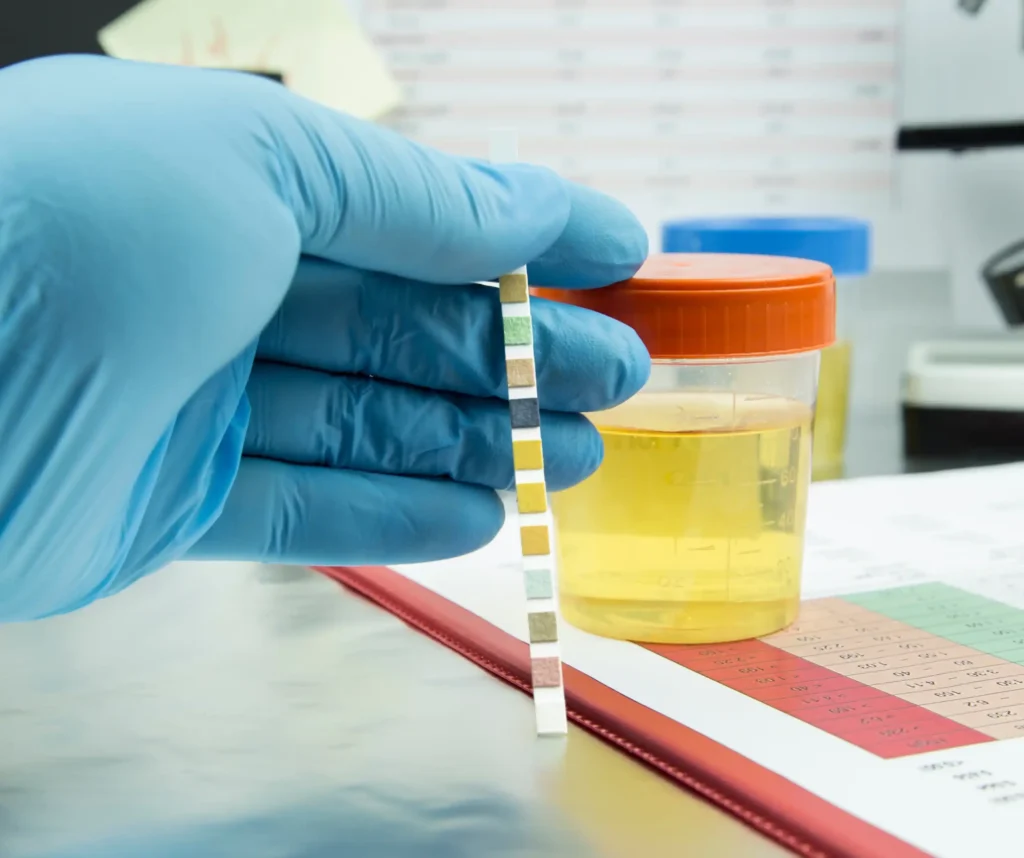
Urine Tests
Analyzes urine for various components to detect a range of conditions. This includes identifying infections, monitoring kidney function, and assessing metabolic disorders. We perform urine tests to diagnose:
- Urinary tract infections (UTIs)
- Kidney function issues (e.g., proteinuria, hematuria)
- Diabetes-related conditions (e.g., glucose in urine)
- Drug testing and metabolic disorders
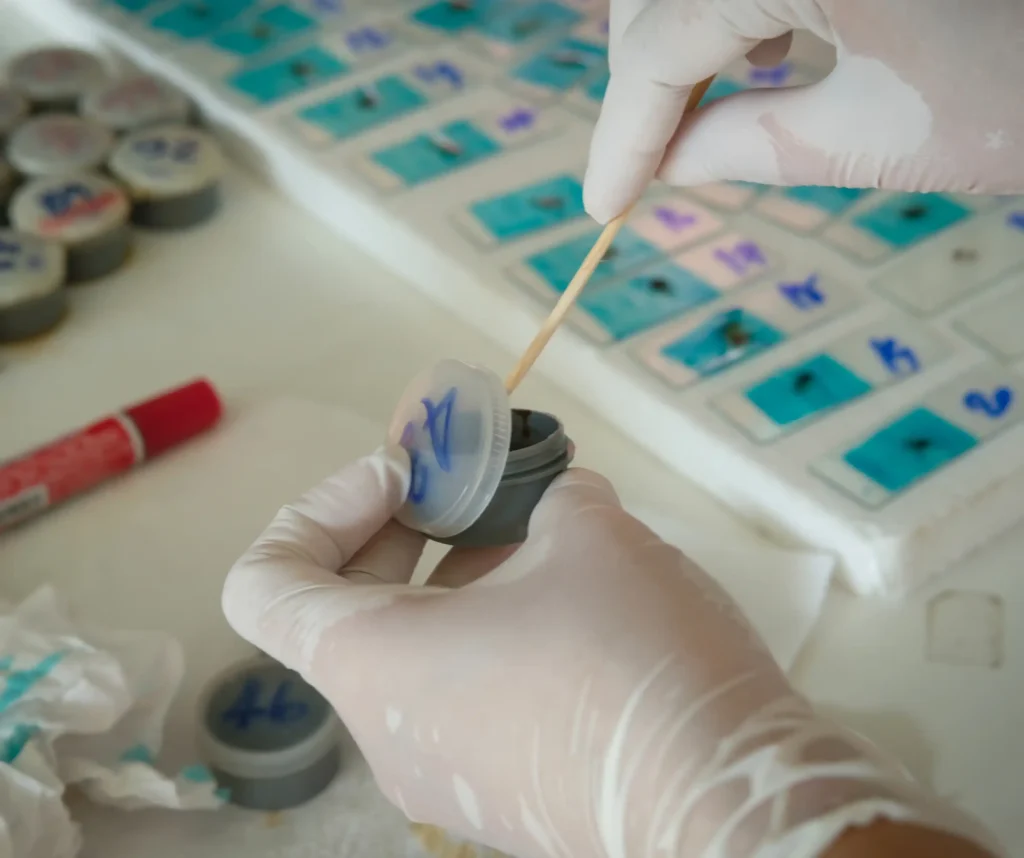
Stool Analysis
Identifies the presence of parasites and their eggs in stool samples. This test is essential for diagnosing digestive issues, like:
- Gastrointestinal infections
- Parasitic infections
- Chronic digestive problems
- Food-related illnesses (e.g., food poisoning)
Advanced Imaging Services
At ER of Fort Worth, our clinical laboratory services work in tandem with our advanced imaging technologies to provide a complete picture of your health. Imaging capabilities at ER of Fort Worth include:
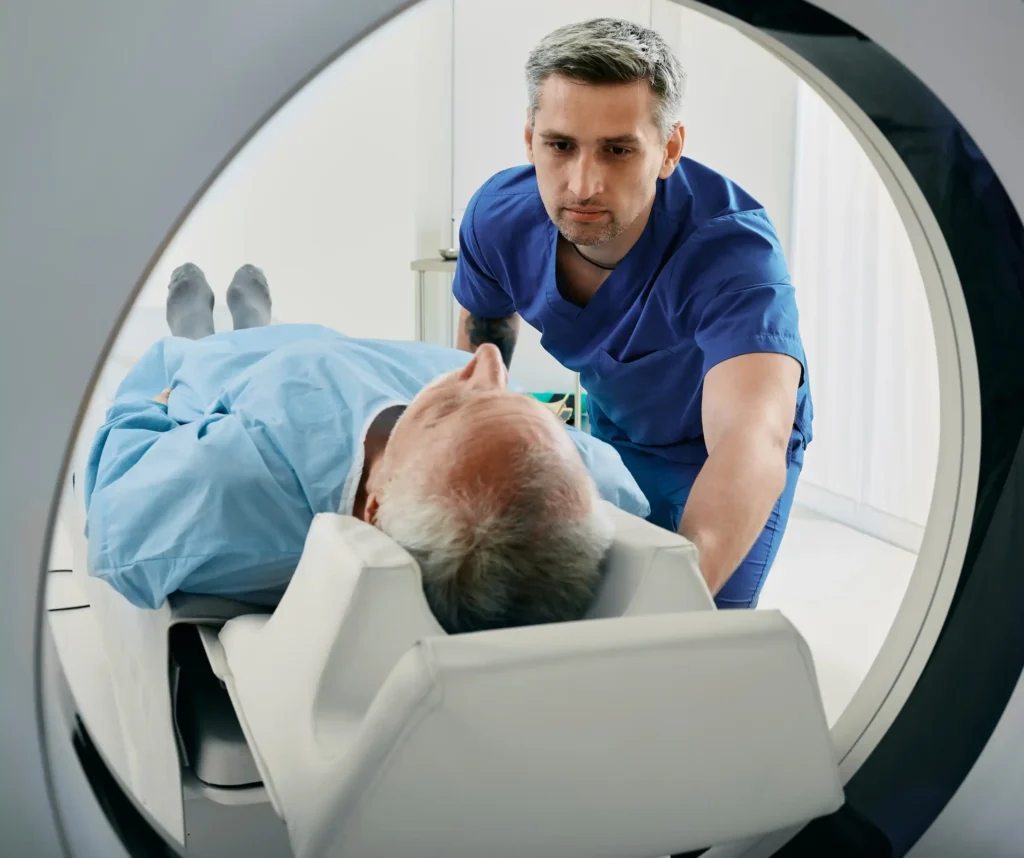
CT Scans
High-precision imaging for detailed views:
- 3D CT scanning for complex injuries
- 2D CT for rapid diagnostics
- CT angiography for blood vessels
- Specialized brain and body imaging

Digital X-rays
Clear, immediate imaging for:
- Bone injuries and fractures
- Chest X-rays for pneumonia
- Abdominal X-rays
- Joint problems
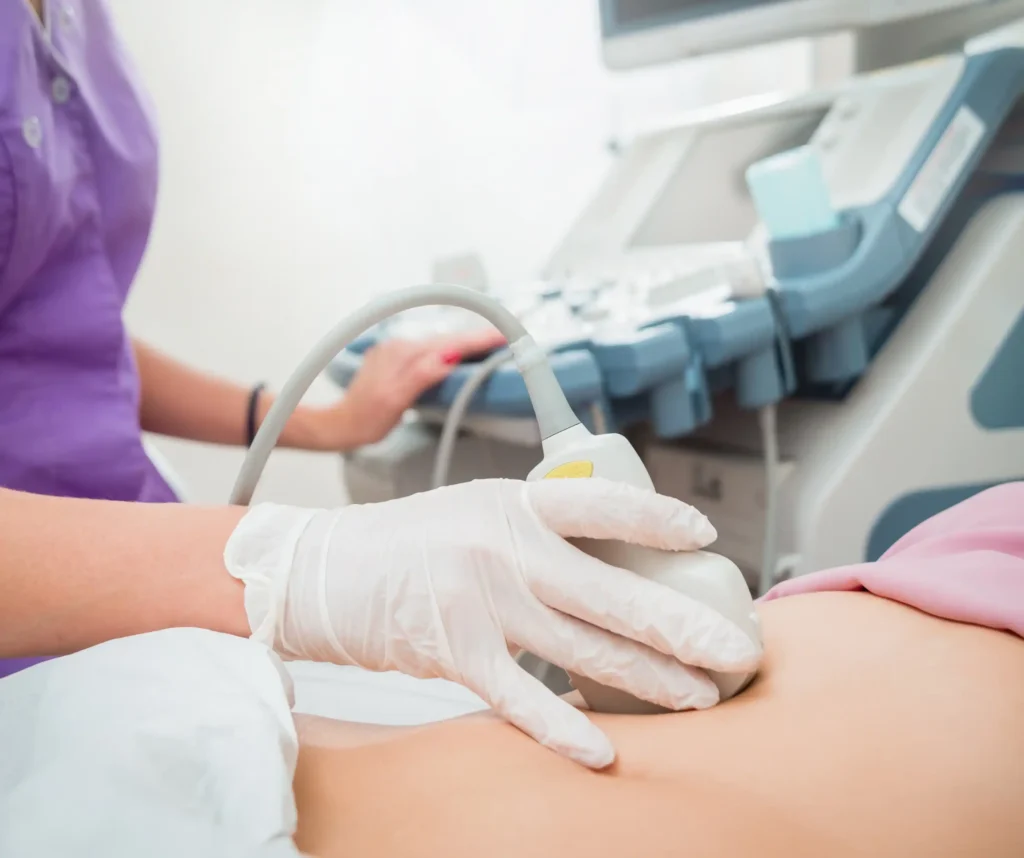
Ultrasound
Real-time imaging technology:
- Cardiac ultrasound
- Abdominal ultrasound
- Vascular studies
- Soft tissue examination
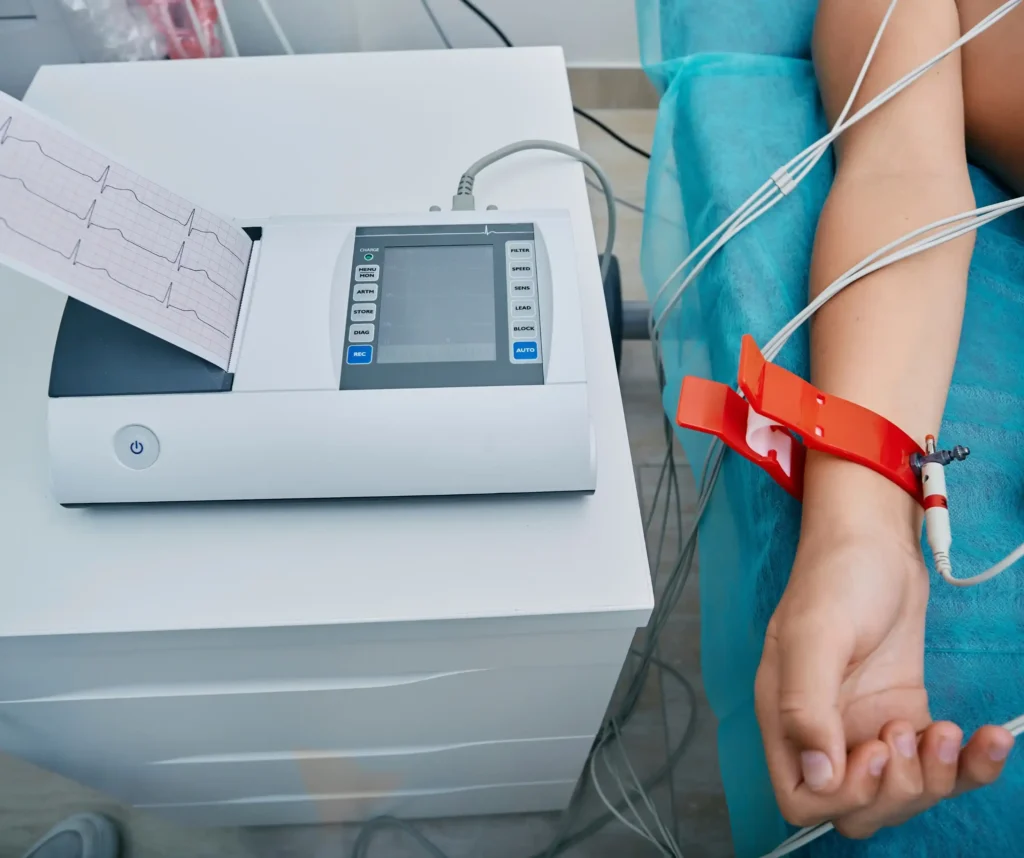
ECG/EKG Services
Heart rhythm monitoring:
- 12-lead ECG
- Continuous monitoring
- Stress test ECG
- Rhythm analysis
These imaging services complement our laboratory tests, allowing our emergency physicians to make swift, accurate diagnoses and provide targeted treatment plans.
Why Choose Our Advanced Health Services Laboratory in Fort Worth?
- Cutting-Edge Technology: Our facility boasts the latest diagnostic tools for accurate and rapid results.
- Expert Staff: Skilled technicians and healthcare professionals deliver accurate results to ensure optimal recovery.
- Swift Diagnosis: You can visit us directly for immediate testing or schedule an appointment by calling 817-945-4200.
- Rapid Turnaround: We prioritize quick results to facilitate prompt treatment decisions.
- Insurance and Payment: We accept most major insurance plans and offer various payment options.
- Clear Communication: We keep you informed, explaining test results in understandable terms.

Get Reliable Lab Results in Fort Worth
Behind every test is a person seeking answers. Our advanced laboratory services in Fort Worth provide the knowledge you need to make crucial health decisions. Contact us today to learn more about our laboratory services or schedule your lab work.
